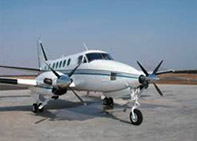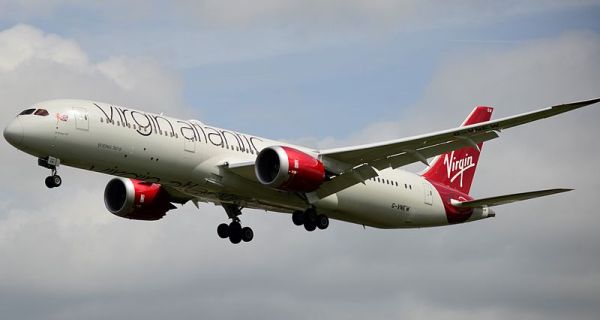Reducing CO2 emissions from the new generation aeroplanes has always been a headache for researchers. The planes contribute to more than 2% of the global carbon emissions, and the aviation industry is multiplying. It was Virgin Atlantic who had flown a commercial flight with biofuel way back in 2008. However, added only a small percentage of coconut and babassu oil mixture to the regular aviation fuel.
In 2011, Virgin Atlantic and LanzaTech joined hands to develop a new jet fuel made from industrial steel mills’ waste gases. The first 1,500 US gallons (5,678 L) of the low-carbon jet fuel have been produced by this joint venture, from ‘Lanzanol’ – LanzaTech’s low-carbon ethanol. It has passed all performance tests with flying colours. These initial tests show that the aeroplane flying on Lanzanol fuel will produce about 65% less carbon emission than conventional jet fuel. Still, it needs to pass a few more stringent tests before it can be used. The Virgin Atlantic commercial flight with this fuel is likely to be scheduled at the beginning of the next year.
The world’s first jet fuel is derived from industrial waste gasses from steel mills via the fermentation process. Otherwise, these gasses would have been dispersed into the atmosphere as waste, which is a standard practice in steel mills. Carbon is captured from the carbon monoxide emitted by steel mills and is then fermented to create ethanol. Each gallon of ethanol is converted to 0.5 gallons of aviation fuel. The Lanzanol was produced at the Roundtable of Sustainable Biomaterials-certified demonstration centre in Shougang, China. It was then converted to jet fuel using a unique process developed at the Pacific Northwest National Lab and the US Department of Energy. The alcohol-to-jet (AtJ) fuel has proved its performance on the ground and meets all the requirements for it to be used as a complete alternative fuel to the present conventional jet fuel.
Aviation experts believe, this fuel can be a real game-changer and could significantly reduce the industry’s reliance on oil. Moreover, the input “waste gases from steel mills” will be a blessing in disguise, as it will reduce air pollution caused by them. LanzaTech is confident of implementing its technology at about 65% of the world’s steel mills. With this, the company can produce approximately 30 billion gallons of Lanzanol per annum, which means 15 billion gallons of cleaner-burning jet fuel. The aviation industry burns about 75 billion gallons of jet fuel/annum at present.








Leave a Reply
You must be logged in to post a comment.